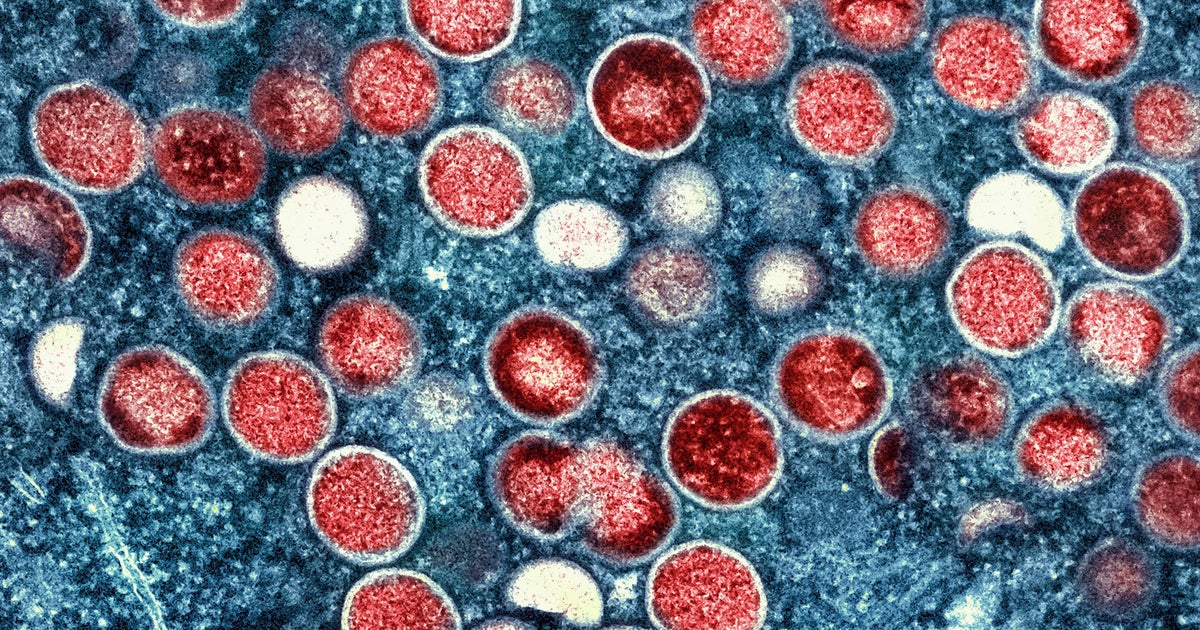The first U.S. cases of a potentially more severe form of mpox without known travel were reported in California, health officials said this week.
In a news release Thursday, the Los Angeles County Department of Public Health confirmed an adult is now recovering at home after being hospitalized for a confirmed case of clade I mpox with no recent travel to areas the virus is typically found, primarily in parts of Africa. It was the second clade I case thought to be locally acquired, following a similar report by the Long Beach Department of Health and Human Services, also in L.A. County, earlier this week.
Compared to clade II mpox, which was the cause of the 2022 global outbreak and continued sporadic clusters in the United States, clade I mpox is more likely to cause severe illness and death, health officials say. Fatality rates for clade II range from less than 1% to 4% while rates for clade I range from 1% to 10%, according to the Johns Hopkins Bloomberg School of Public Health. Clade II is also not generally seen in children, but clade I is being reported in more children in the Democratic Republic of the Congo.
At least six other cases of clade I mpox have been reported in the U.S., including in New York, but they were identified in people who had recently traveled to affected areas in central and eastern Africa, the Centers for Disease Control and Prevention said. The strain also has been detected in Washington via wastewater testing.
“The identification of cases of clade I mpox, which may cause more severe illness than the more common clade II, is concerning,” Los Angeles County Health Officer Dr. Muntu Davis said in a statement Thursday. “Mpox continues to be spread largely through close, intimate contact with symptomatic people, mainly during sexual activity.”
The health department’s release added the virus can be spread through “close person contact (sex, massage or cuddling) and within households or by sharing personal items.”
While the risk to the general public remains low, officials are recommending certain groups, including gay, bisexual or other men who have sex with men, take preventative measures.
“Early detection, testing and vaccination are vital to controlling the spread of this virus,” Davis said. “Getting both doses of the JYNNEOS vaccine provides the best protection against mpox.”
Both clade I and clade II may present with flu-like symptoms followed by a rash, officials say. The CDC adds symptoms usually start within 21 days of exposure.
Johns Hopkins adds rashes for clade I tend to cover more of the body, including face and torso, while rashes from clade II do not always cover the body.




